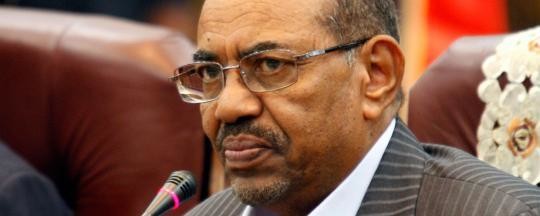Sudan’s Council of Ministers has threatened to prosecute any South Sudanese in its territory without proper papers, a move that would suddenly change the special status of South Sudanese refugees, according to state media.
In an announcement on Thursday, the cabinet also threatened to reverse a recent presidential decision to open the border with South Sudan for the first time since independence in 2011.
The cabinet said that it would treat any South Sudanese within its territory as foreigners, suggesting that they could be denied healthcare and education services, and even warned that they could face legal action if they are found without a passport and visa within this week.
The statement said South Sudanese would be treated as “foreigners regarding receiving health, education and other services.”
The decision if implemented would affect at least 170,000 South Sudanese who arrived in Sudan since December 2013, few of whom have any official passport, and hundreds of thousands more refugees living in the country since before that time.
South Sudanese who arrived in Sudan since the outbreak of civil war in December 2013 have never been given official refugee status but were theoretically entitled to the same rights as Sudanese citizens and received the same access to healthcare and other services.
UNHCR’s Khartoum office said late Thursday it was seeking clarification from the Sudanese government about what the changes entail.
The new threats may relate to recent reports of a meeting held by the Sudanese rebel group SPLM-North on South Sudanese territory. They also come ahead of an AU-mediated meeting scheduled for today in Addis Ababa between Sudanese officials and rebels from South Kordofan, Blue Nile and the western Darfur regions to discuss the conflicts in Sudan’s border regions.
Presidential aide Ibrahim Mahmoud told reporters after a meeting with the African Union chief mediator Thabo Mbeki yesterday, “If the South Sudan government does not refrain from supporting the rebels, we will be forced to close the border with the south once again.”
South Sudan’s Minister of Information Michael Makuei responded angrily to the news of the Sudanese cabinet’s decision, denying that his country is harboring rebel movements from Sudan.
In an interview with Radio Tamazuj, Makuei further accused the Sudanese government of planning to allow South Sudanese rebel leader Riek Machar to use the Sudanese border to send troops into South Sudanese territory.




